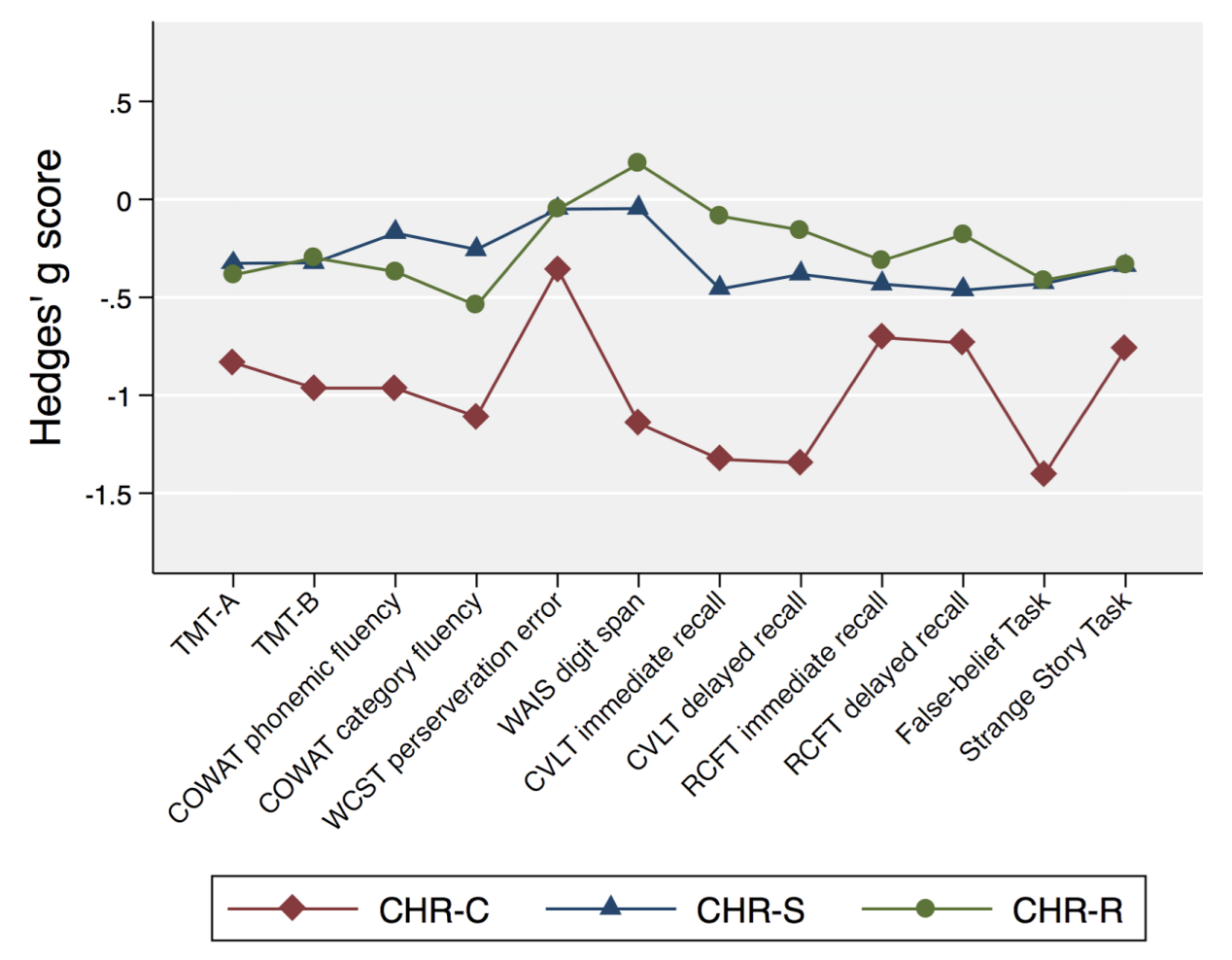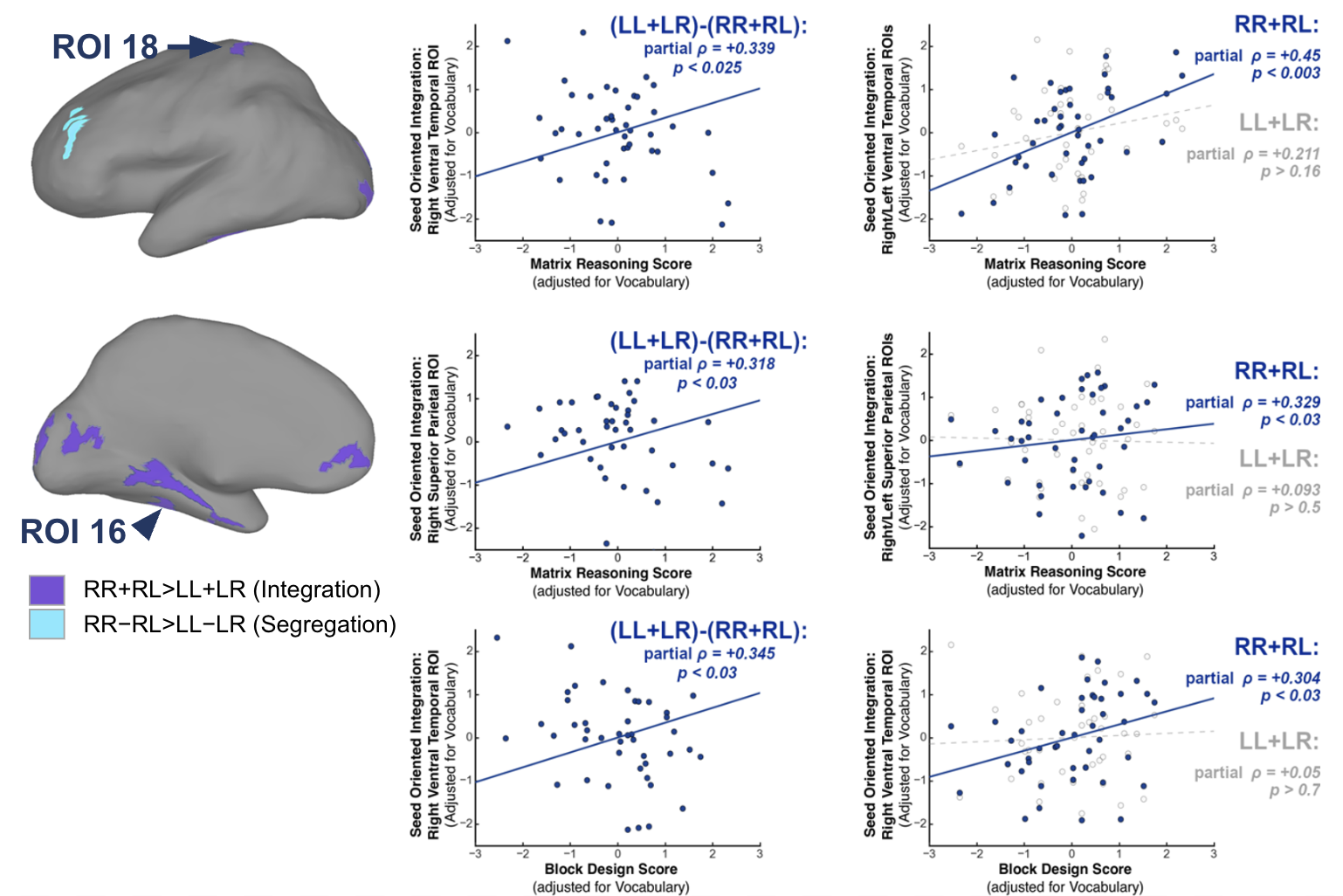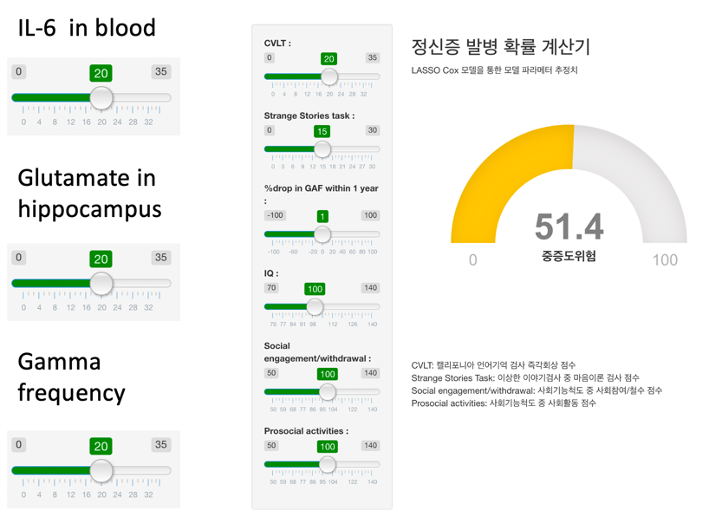The Computational Psychiatry Center (CPC) at Kyungpook National University School of Medicine is a multidisciplinary research laboratory dedicated to understanding the brain mechanisms underlying severe mental illnesses. Our work spans across schizophrenia, bipolar disorder, and major depressive disorder, with particular emphasis on individuals at clinical high risk for psychosis and those with treatment-resistant forms of these disorders.
Our core research aims are threefold: (1) to elucidate the neurobiological and cognitive underpinnings of psychiatric disorders, (2) to identify predictive biomarkers that can aid in early detection and prognosis, and (3) to develop personalized diagnostic and therapeutic platforms through biological reclassification.
We employ an integrative, multi-modal research strategy combining:
- Epidemiological and cohort-based studies, focusing on transdiagnostic high-risk populations;
- Neuropsychological and social cognitive assessments, including MATRICS, RMET, and AIHQ;
- Advanced neuroimaging techniques, such as structural MRI (T1), diffusion tensor imaging (DTI), resting-state fMRI (rs-fMRI), neuromelanin-sensitive MRI (NM-MRI), and magnetic resonance spectroscopy (MRS), to investigate brain circuit abnormalities;
- Brain stimulation protocols, including transcranial electrical stimulation (tES), transcutaneous vagus nerve stimulation (tVNS), and focused ultrasound (FUS), as both investigative tools and potential therapeutic interventions;
- Pharmacological studies, particularly with clozapine, to uncover mechanisms of treatment resistance and explore augmentation strategies.
A central goal of our lab is to develop computational models that simulate disease pathophysiology using neuroimaging biomarkers. These models aim to support data-driven diagnosis, predict clinical outcomes, and guide tailored interventions for individuals with schizophrenia and related disorders. We are currently building an integrated platform that leverages AI and multimodal neuroimaging data to classify psychiatric subtypes and predict treatment response. This platform is envisioned to advance precision psychiatry and contribute to clinical decision-making. We also extend our research to conditions such as opioid use disorder (OUD), aiming to address addiction through both brain-based mechanisms and psychosocial dimensions. We welcome collaboration and inquiry. If you are interested in joining our team or learning more about our research, please feel free to contact us anytime at tylee(AT)knu.ac.kr.
Psychopathology

Neuropsychology

Neuroimaging


Meta-analysis

Brain Stimulation

Prediction model
